SITREP - A Deadly Snow
Almost all mammals have belly buttons, with the exception of some marsupials.
Some weeks are too eventful.
The beginning of my week was taken up with Mercy and the abscess in her cheek. Thankfully, everything is healing nicely, and she’s on the mend. She had to wear the cone of shame for a day because the abscess was draining, which is good for healing, but dogs and open wounds aren’t a great combination. Then, I rounded out the week with a minor exploratory laparoscopic procedure. I’ve honestly never been this aware of my belly button - it’s weird.
I’ve been debating how much to share online, and I decided to spill the tea (if you will). I have fibroids, and they’re causing me some issues. It turns out a lot of women are dealing with these (not so) little noncancerous growths, so I’m sure some of you reading this will understand what I’m going through. The doctor cleaned up what she could, but we still need to decide on a plan for the rather large fibroids she couldn’t remove during the procedure. For now, I’m just happy to be on the mend. The incision sites are healing, and the pain is improving. We can come up with a plan in a few weeks.
I think that catches us up. Let’s talk about books and other things.
I’m a BookShop.org affiliate! Full disclosure: I will receive a small commission if you order books using my links,
Book Things:
Currently Reading:
I Will Repay by Baroness Orczy:
I started another Scarlet Pimpernel tale and can already tell why I Will Repay hasn’t stood the test of time. First, I’m halfway through, and Percy barely features in the story. Second, the entire setup for this story is silly. Our FMC has been tasked with avenging her brother’s death. Her brother was killed in a duel by our MMC ten years before The Terror. She rats out the MMC to the republic, and immediately after, she realizes she loves him. It’s silly, but I’m reading it anyway because I need to know how Percy will get them out of this mess. (51%)
Mutual Interest by Olivia Wolfgang-Smith (Out February 4, 2025, from Bloomsbury):
I spoke about Mutual Interest in last week’s SITREP and haven’t stopped thinking about it since. But, when LibroFM dropped the ALC as one of their February picks, I had to start reading. The publisher blurb says this is “for readers of Hernan Diaz's Trust and Colm Tóibín's The Magician, with echoes of Gustave Flaubert and E.M. Forster,” I don’t know how true any of that is. I just know that I’m enjoying myself. I love the setting of Gilded Age New York, and the narrator is phenomenal. So far, we’re setting up for a lavender marriage, and hopefully, our business rivals, Oscar and Squire, will become lovers. (29%)
The Magic Mountain by Thomas Mann (Translated by John E. Woods):
I haven’t been in the mood for The Magic Mountain this week. I think I’ve had enough of hospital settings and medical professionals. Can you really blame me? (23%)
A Backward Glance: An Autobiography by Edith Wharton:
I continue with my slow plod through Edith Wharton’s biography. This woman travels constantly, and I’m very jealous. I wish I could spend half a year on a Mediterranean cruise. But alas, this will never be my life. (53%)
The House of Mirth by Edith Wharton:
I will post a reading update for Book Two, Chapters 1-4, later this week. You can follow along with My Year with Edith Wharton here.
Recently Finished:
Written on the Body by Jeanette Winterson:
“In the waste basket perhaps, in the larder, I will find a clue to you, I will be able to unravel you, pull you between my fingers and stretch out each thread to know the measure of you.”
Last week, I mentioned how Written on the Body reminded me of The Nenoquich by Henry Bean, and I stand by that comparison to an extent. These are both stories about obsession, but Harold’s obsession destroys Charlotte, and our narrator’s obsession with Louise blossoms into love. Written on the Body has some of the most romantic passages I’ve read in a long time. Winterson shifts from straight narrative prose to philosophical musing to the most beautiful and poetic ruminations of love, the body, and relationships. I need to read more from her ASAP. Her writing is simply stunning.
“Cheating is easy. There’s no swank to infidelity. To borrow against the trust someone has placed in you costs nothing at first. You get away with it, you take a little more and a little more until there is no more to draw on. Oddly, your hands should be full with all that taking but when you open them there’s nothing there.”
Like in The Nenoquich, the relationship starts with infidelity. But unlike in The Nenoquich, I found myself rooting for Louise and the narrator. I wanted their love to survive despite knowing it was doomed from the start. A clandestine relationship offers a rush that is heady and hedonistic. If Louise and the narrator were allowed to have a traditional relationship, the mundanity of life would have destroyed them.
“Bone of my bone. Flesh of my flesh. To remember you it’s my own body I touch. Thus she was, here and here. The physical memory blunders through the doors the mind has tried to seal. A skeleton key to Bluebeard’s chamber. The bloody key that unlocks pain. Wisdom says forget, the body howls. The bolts of your collar bone undo me. Thus she was, here and here.”
I loved every second of this. I can’t wait to sit with my commonplace book and add all my highlights. UGH, this was so good!
“There’s something about a book you find by accident, a book no one else seems to have heard of, a book that thrills and then becomes a part of you, when it’s one you so easily might never have read at all—it seems like it found you.”
I picked this novella up the other night when I was having trouble sleeping and couldn’t put it down. I’d never read Lisa Tuttle before and didn’t know what to expect. The introduction talks about themes of grief, the erasure of female artists, and women in men’s spaces. Those themes are present, but there’s something else at play.
The narrator is recently widowed and trying to find purpose in her life again. She decides to write a biography about Helen Ralston, best known, if at all, as the subject of W.E. Logan’s painting Circe. But Ralston was a novelist and artist in her own right. Ralston is in her 90s and eager to speak with our narrator for her biography. This is when the novella takes a turn toward the uncanny. Ralston starts telling the narrator about her memories, memories they seem to share, leaving us to wonder about the connection between these women.
The twist is predictable but not in a way that detracted from my enjoyment of the novella. I’m still trying to parse out precisely what Tuttle wants us to take away from this story. Are all female artists connected by the female experience of living in a patriarchal society? What is this pagan-like magic that blinds one man and allows another woman to see things more clearly? This is yet another book that I need to throw on my to be re-read (TBRR) pile so I can dig a little deeper into what is really happening in the story. Overall, I enjoyed My Death.
A Treacherous Curse by Deanna Raybourn:
“Because there is no power on earth that could make me abandon our friendship. There is no deed you could confess so dark that it would make me forsake you. You said of us once that we were quicksilver and the rest of the world mud. We are alike, shaped by Nature in the same mold, and whatever that signifies, it means that to spurn each other would be to spit in the face of whatever deity has seen fit to bring us together. We are the same, and to leave you would be to leave myself.”
When I went through all my reads from 2024, I realized that I had done it again. I started the Veronica Speedwell series and abandoned it after a couple of installments. I don’t know why I do this because I love the banter between Veronica and Stoker. This was the perfect audiobook to listen to while coloring on my iPad in bed. I vow to read more from this series this year! If you’re looking for a fun, entertaining, slow-burn mystery series, look no further than Veronica Speedwell.
Clean by Alia Trabucco Zerán (Translated by Sophie Hughes):
“The defining feature of a tragedy, she said then, is that we already know how it will end. We know from the outset that Oedipus has killed his father, slept with his mother and that eventually he’ll go blind. And yet, for some reason, we carry on reading. Just like we carry on with our lives as if we don’t already know the ending.”
I couldn’t put Clean down. We know from the beginning there will be a death - that the child of Estela’s employers will die. Is it murder? Is it an accident? I still don’t know the truth. I want to believe it was an accident, but can we trust Estela as a narrator?
“Every species, every living creature on the planet must find its own proper cause of death. A sufficient reason. One capable of crushing a life. And life, as you know, clings to some bodies. It fights back, thriving and dogged, and won’t be easily prised away. For that you need the appropriate tool: soap for a stain, tweezers for a thorn. Can you hear me over there? Are you paying attention? A fish can’t drown underwater. And a fishhook will barely scratch the roof of a whale’s mouth. But you can’t overdo death either; you can’t die in excess.”
Estela arrives in the city looking for a job as a maid. Her goal is to make enough money to return to her home in the South and live out her days with her mother. She finds a position in a wealthy family; the husband is a doctor, and the wife is a lawyer. Every week is the same. She wakes up in her small room, puts on her uniform, and proceeds to cook, clean, and help raise the couple’s child. This continues for seven years, and Estela is no closer to returning home. Meanwhile, her mother keeps getting sicker. And the family she works for becomes more and more overbearing. The daughter is highly strung and prone to outbursts. She’s trapped in the monotony of her life.
“…routine is treacherous; the repetition of the same rituals–open your eyes, close them, chew, swallow, brush your hair, brush your teeth–each one an attempt to gain mastery over time. A month, a week, the length and breadth of a life.”
On its surface, Clean is a domestic thriller, but dig deeper, and you’ll find commentary on class, the environment, and human labor. When my podcast co-host, Naomi, read this, she said she couldn’t stop thinking about the ending. She wasn’t sure how she felt about it, and neither am I. We plan to discuss Clean on the podcast, so make sure you’re subscribed to avoid missing an episode.
We Do Not Part by Han Kang (Translated by E Yaewon and Paige Aniyah Morris):
“How does one endure it? Without a fire raging in one’s chest. Without a you to return to and embrace.”
I’m so glad I savored this book and didn’t gobble it up like the greedy little reader I am. This is a masterpiece. I don’t even know where to begin discussing We Do Not Part. The main story of Kyungha heading to a remote island to try to save her friend Inseon’s bird is trippy. Just when I thought I understood what was happening, something strange would occur, and I’d start questioning everything. Are the birds alive or dead? Is Inseon in the hospital or on the island? Are we in the past or the present? Kyungha is stuck in a snowstorm on a remote island with no power. The shadows of past and present commingling create a truly unsettling narrative.
“I understand why Inseon denied any intentions of making a film about these events. The smell of blood-soaked clothes and flesh rotting together, the phosphorescence of bones that have been decaying for decades will be erased. Nightmares will slip through fingers. Excessive violence will be removed. Like what was omitted from the book I wrote four years ago. The flamethrowers that soldiers deployed on unarmed citizens in the streets. The people rushed to emergency rooms on improvised stretchers, burn blisters on their faces, their bodies doused in white paint from head to toe to prevent identification.”
The story is grounded in the real-life history of Korea and the horrible atrocities that took place at the hands of the Japanese and the Americans. When the whole history of Inseon’s family is revealed, it’s devastating. Why are humans this cruel? How are the ones left behind meant to bury their dead and forget? We Do Not Part is unsettling, raw, and suffocating. I loved it. Please read it.
“In a brutal country like ours, where human life is 'cheap', it's stupid to destroy yourself for the sake of your beliefs. Beliefs? High ideas? Only people in rich countries can enjoy such luxuries.”
I’m working on my notes for Snow so I can film a review for the channel, but I will briefly describe my thoughts here. Snow is a story full of tension. Tension between the government and the people, lovers, East and West, and religion and secularism. Ka is a poet who was exiled to Germany for his political views. He returns to Turkey years later to investigate the suicides of several young women nicknamed the Headscarf Girls. Or is he really in Kars to try to win back his first love, İpek, who recently divorced her husband? A snowstorm cuts off the town from the rest of the world for three days, and Kars becomes a powder keg. Ka explores the tensions that arise during his visit through his poetry - poetry I wish I could read. Ultimately, he returns to Germany, and a new mystery begins.
I have so much work to do before I feel comfortable discussing this book in more detail. I need to learn more about Turkey in the late 1990s and early 2000s. To help me get there, I have a playlist of reviews and interviews to run through. The writing was wonderful, but I’m unsure about the self-insert. If you have read this, I’d love to know your thoughts in the comments.
Just in from publishers:
(Thank you to all the publishers who sent me books for spotlight and review. I will never get over how bonkers it is that this happens.)
Cleavage: Men, Women, and the Space Between Us by Jennifer Finney Boylan (Out February 4, 2025, from Celadon Books):
What is the difference between men and women? Jennifer Finney Boylan examines the divisions—as well as the common ground—between the genders and reflects on her own experiences, both difficult and joyful, as a transgender American. Cleavage looks at how gender affects our sense of self. Our body image? Even the friends we make and the ones we lose. “Boylan considers her womanhood, reflects on the boys and men who shaped her and reconceives of herself as a writer, activist, parent, and spouse. With heart-wrenching honesty, she illustrates the feeling of liminality that followed her to adulthood but demonstrates the redemptive power of love through it all.”
The Mother Next Door: Medicine, Deception, and Munchausen by Proxy by Mike Weber and Andrea Dunlop (Out February 4, 2025, from St. Martin’s Press):
Munchausen by Proxy (MBP) is a fascinating and terrifying disease. Why would anyone want to harm their child? The Mother Next Door is a groundbreaking work of narrative nonfiction that investigates Munchausen by Proxy by looking into “three high-stakes MPB investigations through riveting reporting and shocking stories from the family members, friends, and doctors caught in the blast zone of these unthinkable acts, a twisted portrait of motherhood and deceit is revealed. Dunlop and Weber uncover the complex maze of psychological, systemic, and cultural issues that compound MBP and offer solutions for how we might find our way out.” This promises to be riveting, and I’m so glad to have an ALC of it so I can listen while I do my morning workout, which I hope to resume later this week.
The Sirens by Emilia Hart (Out April 1, 2025, from St. Martins Press):
I loved Weyward, so I was very excited to see Emilia Hart's has a new book, The Sirens, coming out this spring. The Sirens spans multiple generations and is “a breathtaking tale of female resilience and the bonds of sisterhood across time and space. The Sirens captures the power of dreams and the mystery and magic of the sea.” I have high hopes for this one.
3, 2, 1, Round-up:
(AKA Random Non-Bookish Things Because I Totally Have Other Interests)
Three Things I’m Loving This Week - Post-op Edition:
My must-have snacks for any ailment lasting more than a day are tapioca pudding and jello. I know it’s basic invalid food, but I like it.
I’ve had a lot of time to lay around in bed, and while I’d spent much of that time reading, I’ve also watched a few things. I restarted a mystery series that I abandoned years ago, and I’m loving it. It’s called Queens of Mystery. There are two seasons, and I’m in the middle of the first. The story is quirky and fun. I can’t believe I ever abandoned this show!
I know this part isn’t supposed to be about books, but I need to shout out my bluetooth E-reader remote because it’s been getting a workout this week. This one only works with my non-Kindle readers, which is fine because I rarely pull out my Kindle. This device allows me to snuggle under the blankets and still turn the pages on my device. It’s a simple luxury that I don’t want to live without.
Two Videos to Watch:
The beautiful Sophie from
recently posted a video about starting a daily writing practice, and she inspired me to try (again) to do something similar. I’ve challenged myself to write morning pages every day in February. At Sophie’s urging, I started early and managed to write every day for nearly a week. I don’t know if this will unlock some secret creative spark in me, but I’m enjoying the moment of reflection before starting my day.Not to get political (sarcasm), but I loved this video from Chelsea at The Financial Diet. I wholeheartedly agree with her points about the U.S.'s current state and what we should do to start fighting back.
One Adorable Picture of the pups:
SITREP is a free weekly newsletter about books and things. If you want to support my work, consider becoming a free or paid subscriber. You can also simply like and share this post with your friends.
Thank you for reading. See you next week!


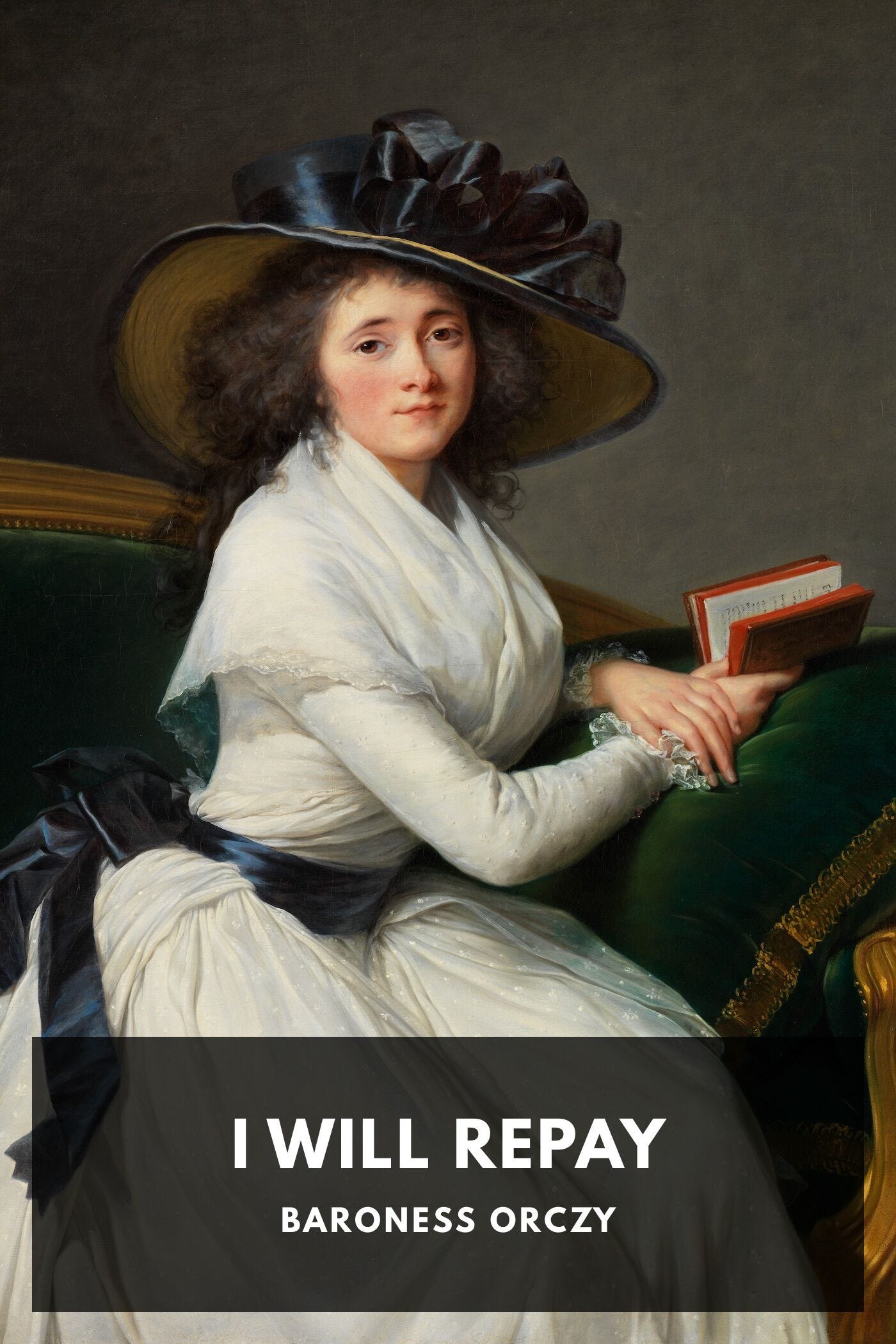
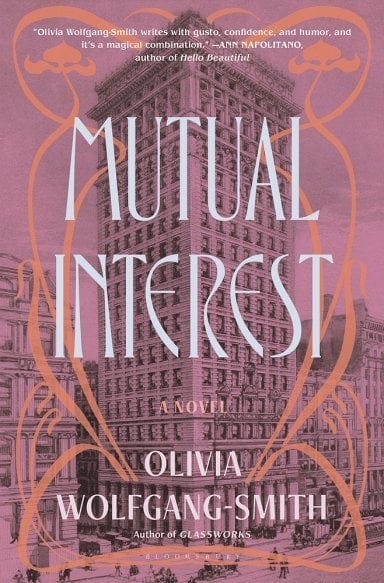
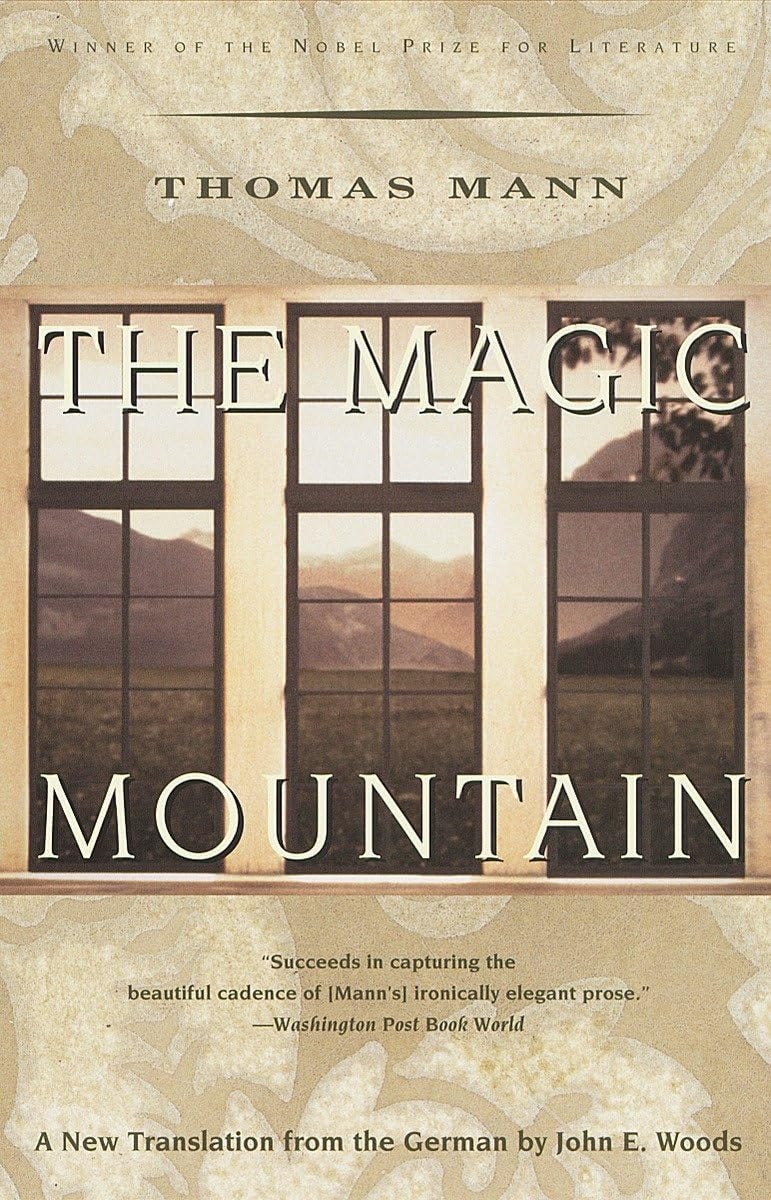
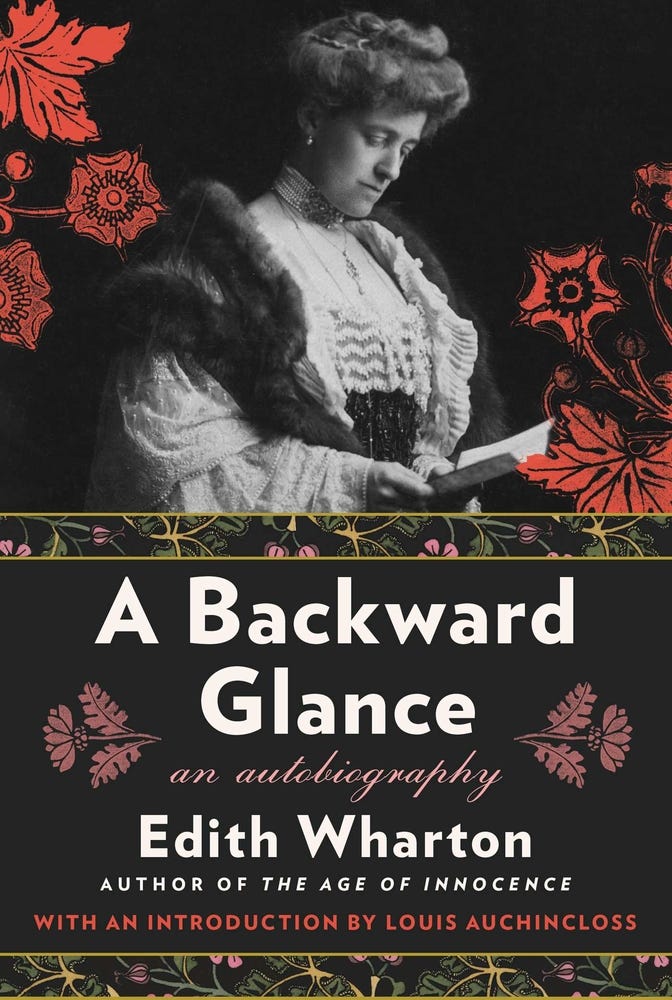
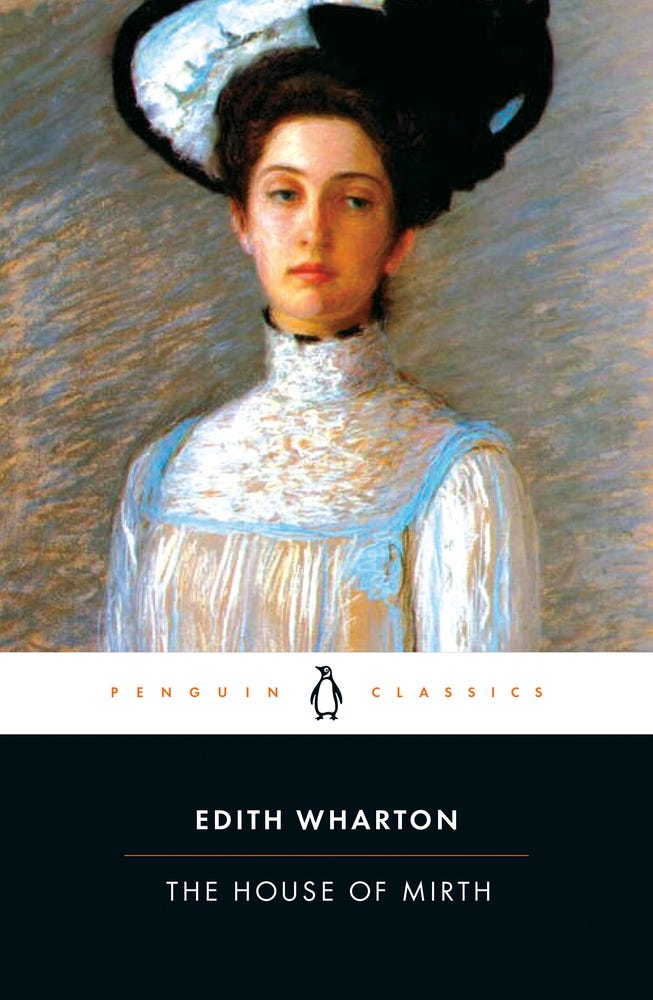
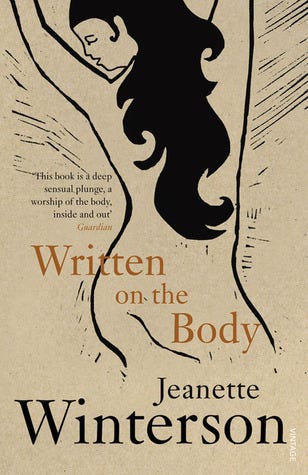
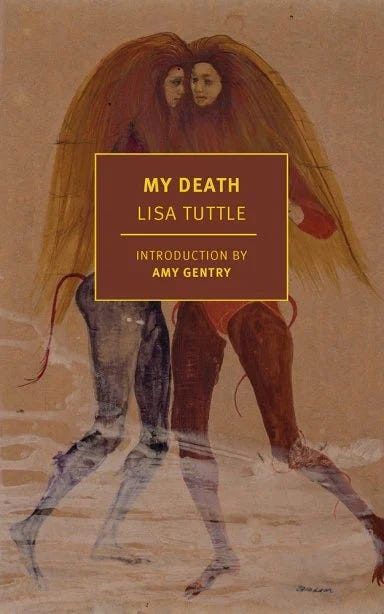
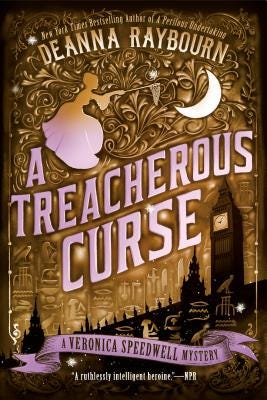
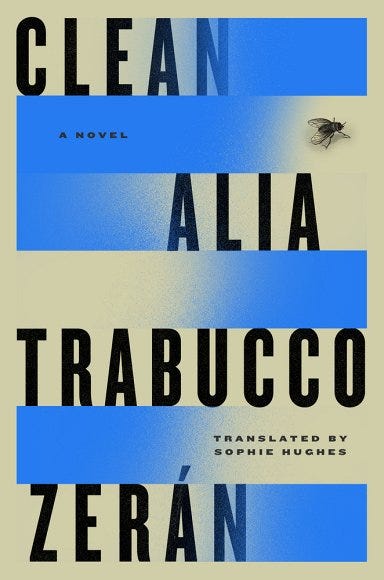
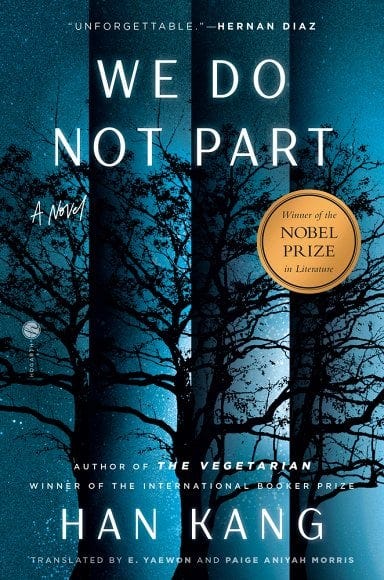
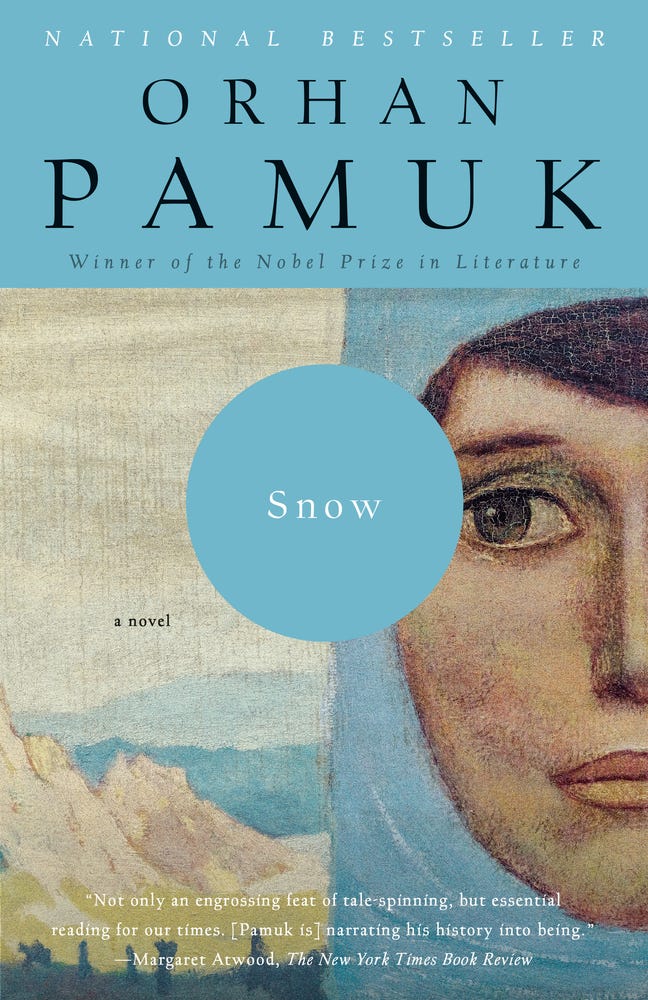
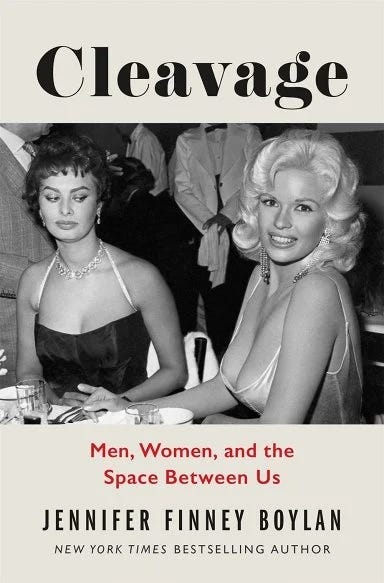
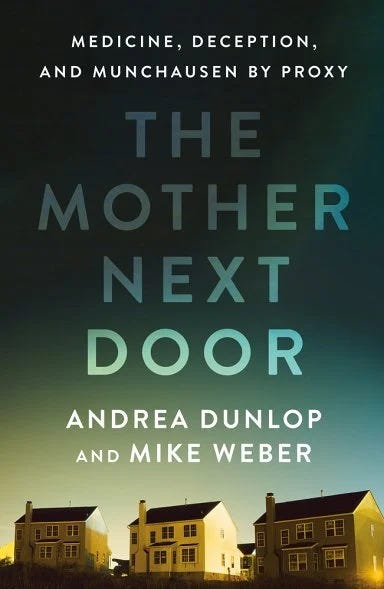
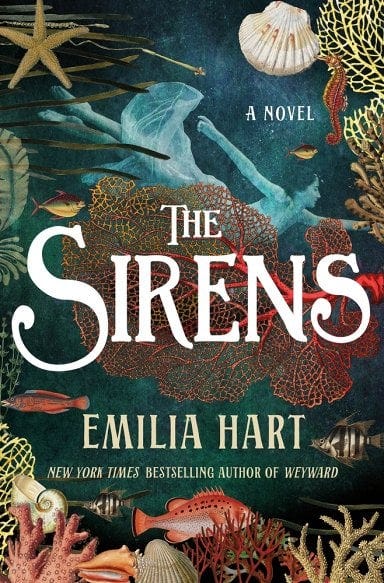
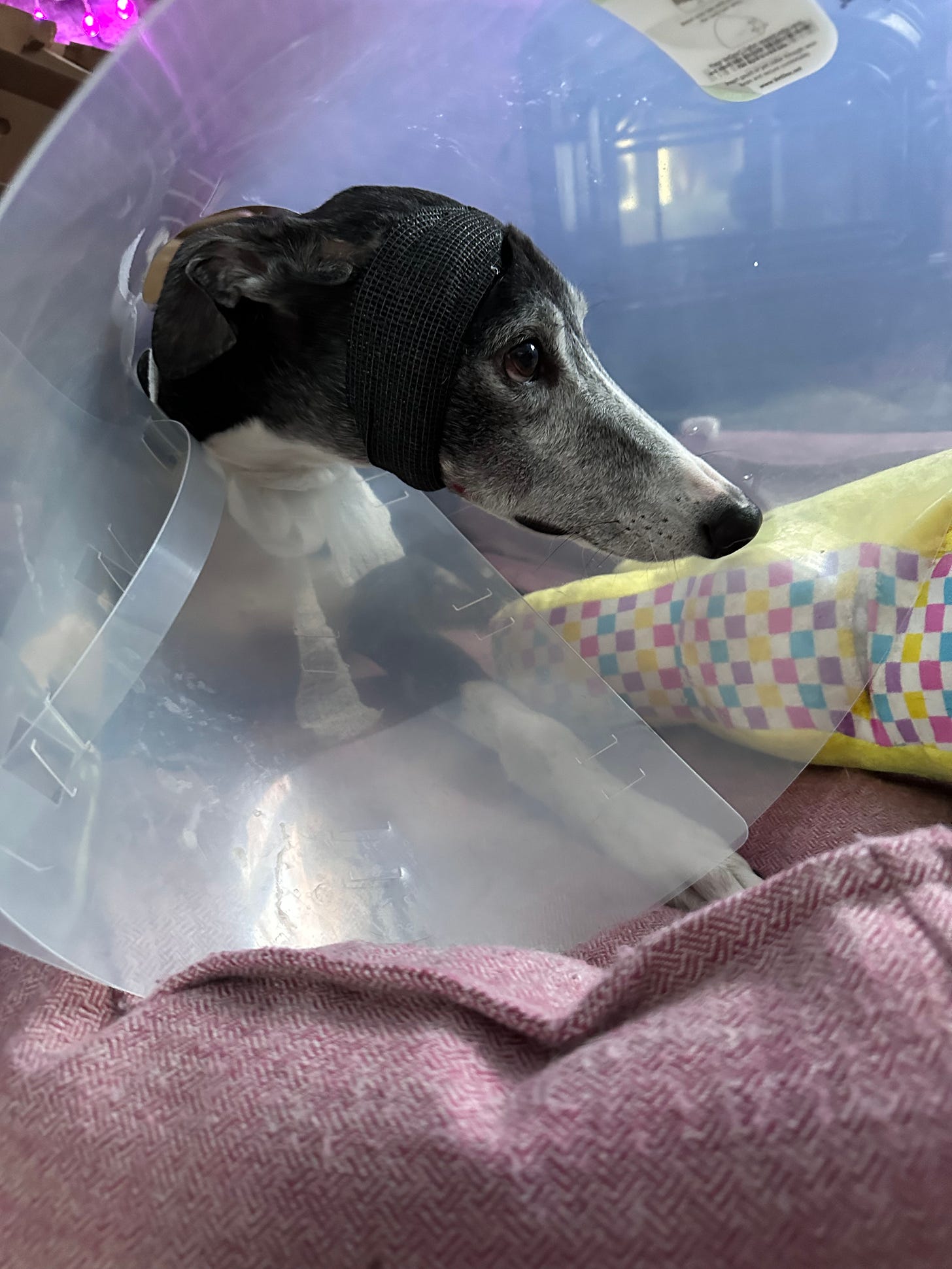
I can wait to hear you and Naomi talk about Clean. Deceptively simple and I think it has been overlooked because of this. Also the Han ❄️ so good.
The update on your health condition is sincerely appreciated, as it alleviates worries that your situation might have been worse. Years ago, when I worked at Children’s Aid, we had a team member who suffered from endometriosis, which I realize is different from having fibroids. I got in the habit of having a bottle of Tylenol in my desk in case she ran out. She tried acupuncture, without success, before eventually deciding on laparoscopic surgery, which seemed to help.
You mentioned elsewhere going for walks to aid your recovery. We’ve had some cold temperatures and regular dumpings of snow here, which means going out to shovel every day. The sun is at a higher angle in the sky—good for Vitamin D production—and the cold air has been bracing, so it feels great to be outside, as long as it’s not too windy. I hope you’ve been able to enjoy similar weather conditions for your daily walks.
I expect to see my first robin in a few weeks, followed by flocks of red-winged blackbirds with their unique conk-a-LEE birdcall, which is my personal sign that Spring has arrived, even though we’re still in February. Really, it’ll be Labour Day before you know it!